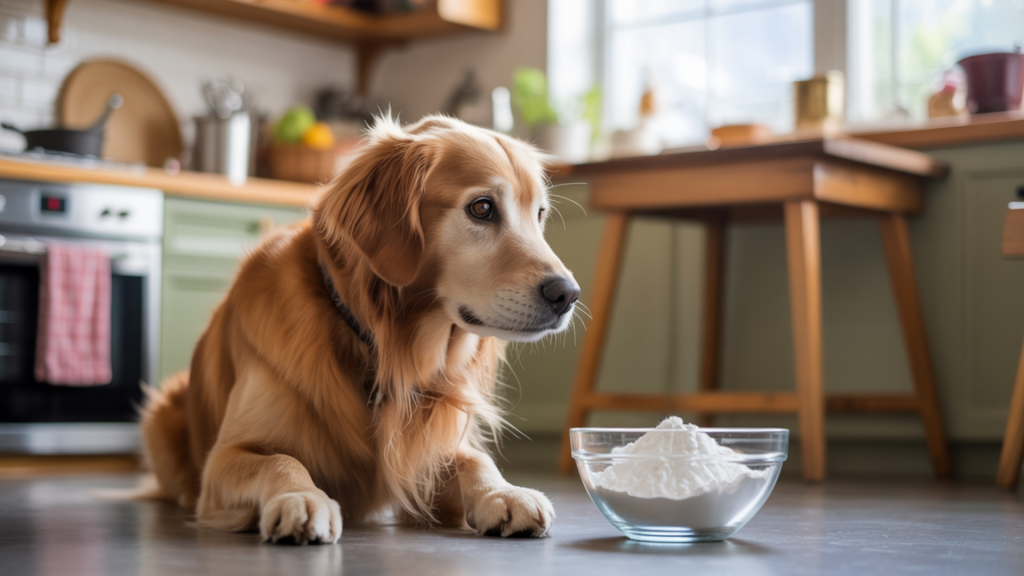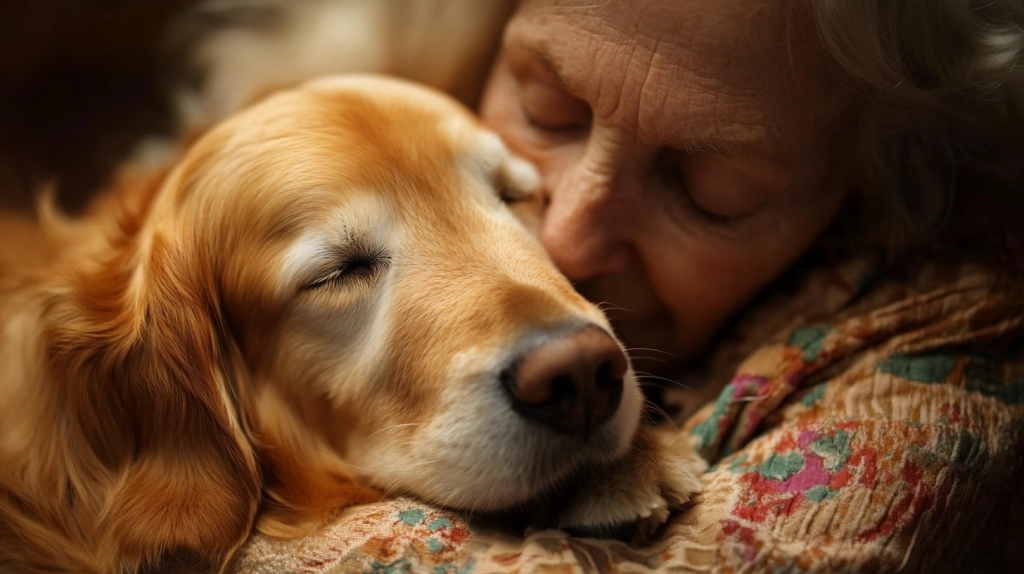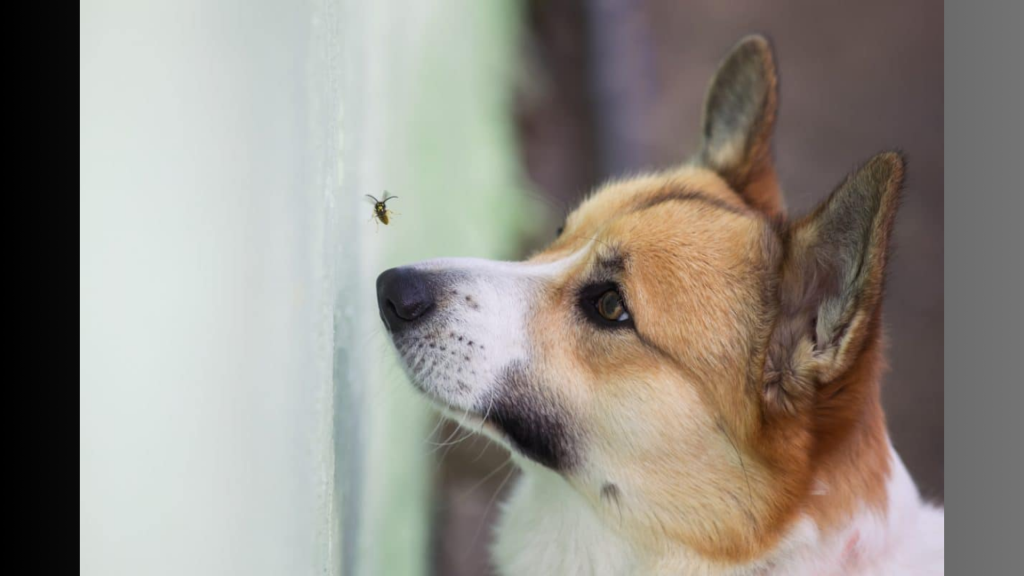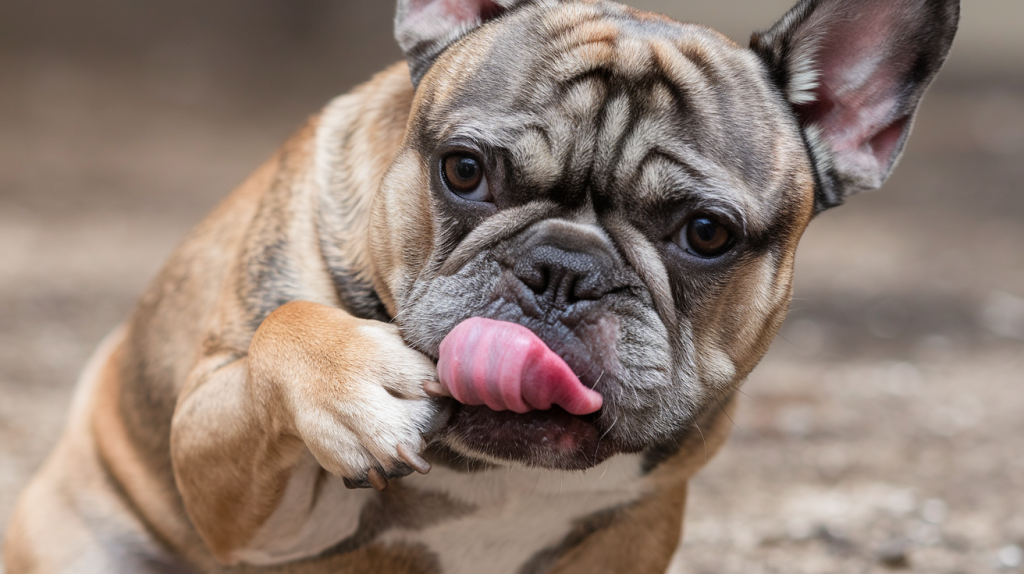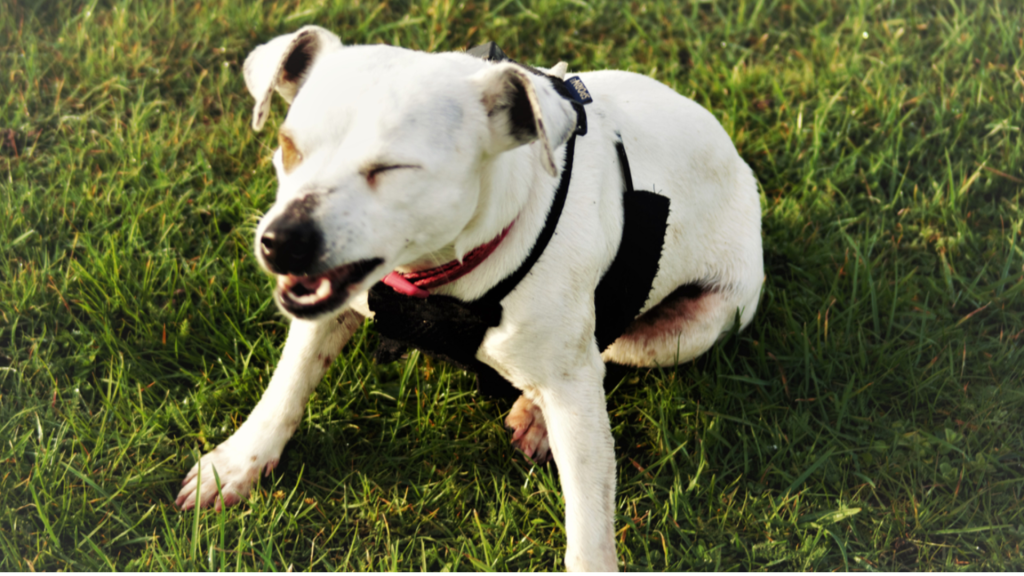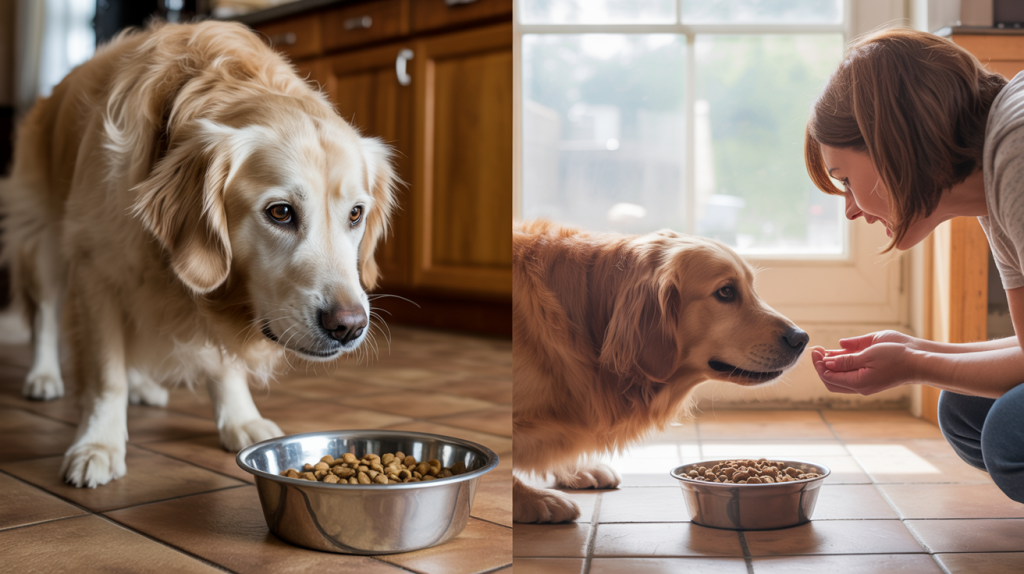Dog owners often notice their pet’s nose dripping or running at some point. This common concern can make any pet parent worry about their furry friend’s health. A runny nose in dogs happens more often than most people think.
In most cases of canine nasal discharge has simple explanations and solutions. Many times, it’s nothing serious at all. But knowing when to act is important for every dog owner.
This blog will explain the answer to your question, why is my dogs nose running.
Readers will learn about normal vs. concerning symptoms, common causes, and when to contact a veterinarian. By the end, dog owners will feel more confident about handling this issue and keeping their pets healthy.
Types of Discharge from a Dog’s Rose with Their Meaning
If your dog has unusual discharge from their nose, it could signal anything from harmless allergies to more serious infections or foreign body issues.
Paying attention to the type, color, and consistency of the discharge can help you understand what’s going on before heading to the vet.
| Type of Discharge | Appearance | Possible Meaning | Recommended Action |
|---|---|---|---|
| Clear & Watery | Thin, transparent fluid | Mild allergies, environmental irritants, or excitement | Monitor; consult vet if it persists more than 2–3 days |
| Thick Yellow or Green | Mucus-like, discolored | Bacterial or viral infection (e.g., kennel cough, distemper) | See a vet promptly for diagnosis and treatment |
| Bloody (Epistaxis) | Red may mix with mucus | Trauma, tumors, dental disease, or foreign objects | Urgent vet visit to identify the cause |
| Foamy White | Frothy, bubbly discharge | Can be linked to dental disease or nasal mites | Vet evaluation needed |
| Unilateral (One-Sided) | From one nostril only | Foreign object, tumor, or localized infection | Vet exam and possibly imaging |
| Foul-Smelling | Strong unpleasant odor | Oral-nasal fistula, advanced infection, or necrosis | Immediate veterinary attention |
| Thick Brown/Black | Dark, tar-like | Old blood, fungal infection, or chronic sinus condition | Veterinary workup required |
Top Causes Behind Why is My Dogs Nose Running
A runny nose in dogs is a common concern for pet owners and can be caused by a range of issues, from mild irritants to more serious health conditions.
Understanding the top reasons behind your question, why is my dogs nose running, can help you determine when to seek veterinary care and how best to support your dog’s health.
1. Allergies
Allergies are the most frequent cause of a runny nose in dogs. Dogs can react to pollen, dust, mold, certain foods, and even household chemicals. Allergic reactions often lead to clear nasal discharge, sneezing, watery eyes, and sometimes itching or skin irritation.
Managing allergies involves identifying and minimizing exposure to triggers, and your vet may recommend antihistamines or other treatments for symptom relief.
2. Infections
Both viral and bacterial infections can cause nasal discharge in dogs. Common culprits include kennel cough, canine influenza, and distemper.
Infections typically result in thicker, colored mucus and may be accompanied by coughing, lethargy, or loss of appetite. Prompt veterinary care is important, as some infections can worsen quickly or spread to other pets.
3. Foreign Objects
Dogs are curious and may sniff or inhale small objects like grass seeds, dirt, or bits of toys. When a foreign object becomes lodged in the nasal passage, it often causes discharge from one nostril, frequent sneezing, and pawing at the nose. If you suspect a blockage, veterinary intervention is needed to safely remove the object and prevent complications.
4. Dental Problems
Dental disease, such as abscessed teeth or gum infections, can lead to oronasal fistulas, abnormal passages between the mouth and nose. This allows food, saliva, and bacteria to enter the nasal cavity, causing persistent nasal discharge.
Signs may include bad breath, difficulty eating, and swelling around the mouth or nose. Dental problems require prompt treatment to prevent further complications.
5. Environmental Irritants
Exposure to strong odors, smoke, cleaning products, or other airborne irritants can trigger a runny nose in dogs, especially those with sensitive respiratory systems.
Flat-faced breeds are particularly prone to irritation from environmental factors. Removing or reducing exposure to irritants usually resolves the symptoms, but persistent issues should be evaluated by a veterinarian.
6. Nasal Tumors or Polyps
Growths such as tumors or polyps in the nasal passages can cause ongoing nasal discharge, often with blood or pus.
These conditions are more common in older dogs and may be accompanied by facial swelling, noisy breathing, or changes in appetite. Early veterinary diagnosis and treatment are crucial for the best outcome.
7. Congenital Issues
Some dogs are born with anatomical abnormalities like cleft palate, which creates an opening between the mouth and nose.
This allows fluids and food to pass into the nasal cavity, resulting in chronic nasal discharge. Puppies with congenital issues need veterinary assessment and, in many cases, surgical correction for long-term relief.
8. Chronic Rhinitis or Sinusitis
Chronic inflammation of the nasal passages (rhinitis) or sinuses (sinusitis) can lead to ongoing nasal discharge in dogs.
This may be triggered by allergies, infections, or other underlying conditions. Symptoms often include sneezing, congestion, and thick mucus. Treatment focuses on addressing the root cause and managing inflammation.
9. Parasites
Although less common, certain parasites can infect a dog’s nasal passages and cause discharge. These cases may be seen in regions where specific parasites are prevalent.
Symptoms can include nasal discharge, sneezing, and sometimes nosebleeds. Diagnosis and treatment require veterinary attention.
10. Trauma or Injury
Injuries to the nose or face from accidents, rough play, or fights can result in nasal discharge, sometimes mixed with blood. Trauma may also make the nasal passages more susceptible to infection.
If your dog has experienced facial injury and develops a runny nose, a prompt veterinary exam is recommended to rule out serious damage.
When to Call the Vet: Red Flags You Shouldn’t Ignore
You should consult a veterinarian if your dog’s runny nose persists for more than a few days, or if the discharge becomes thick, smelly, cloudy, yellow, green, or bloody instead of clear.
Additional warning signs include lethargy, loss of appetite, fever, coughing, noisy or labored breathing, or eye discharge. If your dog is experiencing difficulty breathing, severe illness, or the symptoms are rapidly worsening, seek urgent veterinary care.
Persistent nasal discharge, especially when accompanied by other symptoms, may indicate infections, dental disease, foreign objects, polyps, tumors, or other serious health issues.
Early veterinary intervention can prevent complications and help your dog recover more quickly
Home Care Tips for Dogs With a Runny Nose
A runny nose in your dog can be uncomfortable for both your pet and you as an owner.
While it’s important to consult your veterinarian if symptoms persist or worsen, there are several simple home care steps you can take to help your dog feel better and recover more comfortably.
- Use a humidifier or vaporizer in your dog’s resting area to keep the air moist and ease nasal congestion.
- Gently wipe your dog’s nose with a warm, damp washcloth once or twice a day to clear mucus and prevent irritation
- Keep your dog away from strong odors, smoke, perfumes, and cleaning chemicals to avoid further nasal irritation
- Allow your dog to rest in a calm, quiet environment to support recovery and reduce stress
- Offer plenty of fresh water and nutritious food to keep your dog hydrated and support their immune system
- Try steam therapy by bringing your dog into a steamy bathroom for 10–15 minutes to help loosen mucus
- Monitor your dog for any changes in nasal discharge or breathing, and contact your vet if symptoms worsen or new issues appear
The Bottom Line
We hope that we have resolved all your queries to, why is my dogs nose running? Taking care of a dog with a runny nose doesn’t have to be stressful.
Most cases clear up on their own or with simple home care. The key is watching for warning signs that need professional attention.
Keep the dog’s environment clean and allergen-free when possible. Regular grooming helps, too. Prevention often works better than treatment.


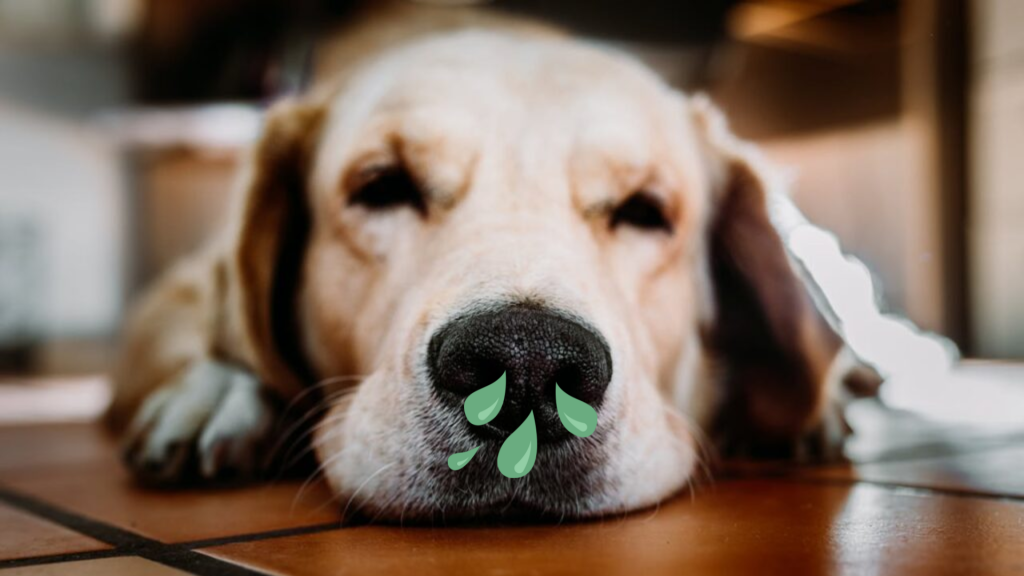
.png)

